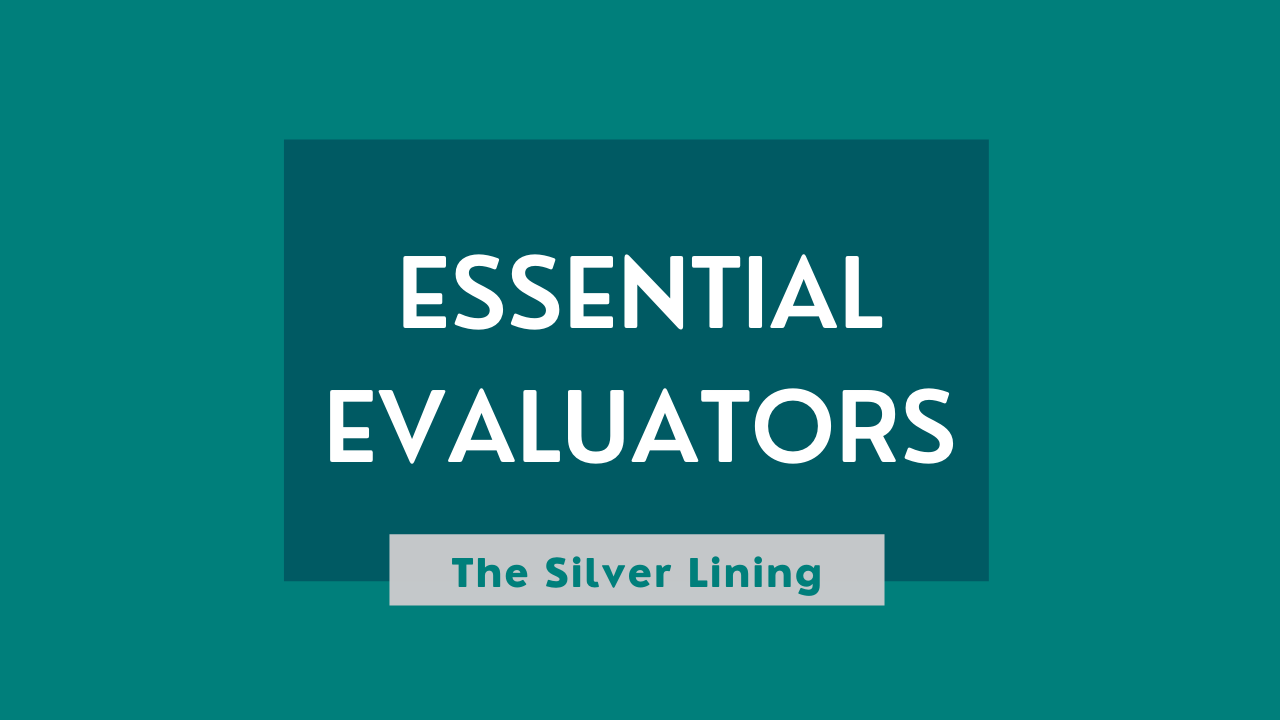
Essential Evaluators seeks to gather evaluators in a common space to dialogue, reflect, and support each other in a world upended by COVID-19 and the Black Lives Matter protest movement. This is a time of uncertain and unknown expectations in our professions, in our institutions, and in our communities. We invite you to join us as we rethink, revision, and ultimately redefine our roles as evaluators and our place in museums.
Other posts in this series:
It is often said that every cloud has a silver lining, a reminder that even in the depths of despair there is always room for hope and the possibility of positive change. This seems an appropriate metaphor for where we are today. Five months into the COVID-19 shutdown, with many of our colleagues unemployed or furloughed and the next wave of staff reductions looming, the growing recognition that as many as one-third of museums may not re-open, weak and waning attendance numbers at museums which have managed to reopen, and a future defined by uncertainty and turmoil, it can indeed be difficult to see the silver lining.
The silver lining is, nonetheless, there. It is that COVID-19 presents us with an opportunity to revision and rebuild our institutions. We have long known, and Black Lives Matter further underscored, that there are some very serious problems in museums that need to be fixed, ranging from the lack of inclusion and diversity in leadership positions, to elitism and classism in attendance, to sexism and patriarchy in the galleries. To begin to address these problems, it will be critical to rebuild trust both within the museum itself—amongst and between leadership, staff, and volunteers—as well as with those outside of the museum, especially marginalized and disenfranchised communities.
These problems are systemic and deeply entrenched in the history, structure, and dynamics of our institutions, which means trust will not be easily or quickly restored. Recent issues make this clear, like evidence of racist and sexist behaviors and attendant cover-ups at highly regarded museums, the destruction from rioting that some museums experienced, and ongoing disputes over pay equities between museum employees.
Evaluators have an essential role to play in helping rebuild and ultimately keep trust in the museum, particularly within the public sphere. Evaluation is grounded in the philosophy and praxis of research ethics, which are designed to protect human research subjects. Through a codified set of professional and moral policies, guidelines, and protocols, evaluators assure that the rights of the visitors, audiences, and communities the museum engages with are protected, particularly regarding informed consent, confidentiality, and rights of privacy. In his 2014 article on “Exhibition Ethics” from the Journal of Conservation and Museum Studies, Androache Gazi explains that museum ethics are about “social responsiveness and honesty” to the people we serve. As such, evaluators are the link between public trust and the institution itself.
Like other problems in our institutions that are now undergoing public scrutiny, museum ethics have long been known to be problematic. In an excellent review of the subject, Joe Heimlich (2015) states that, “Much of our work is in [the] blurry zone where critical, external consideration of risk and benefit is ignored.” Similarly, Alexandra Bounia (2014) notes that museum ethical codes “express a rather antiquated idea of museum research.” In a 2017 article, Erich Hatala Matthes also calls upon museums to take ethics more seriously, arguing they should establish their own ethics departments.
As we move forward to conduct research and evaluation in the post-COVID-19 world, ethical deficiencies are likely to become even more evident and problematic than in the past. One reason for this is that research ethics have not kept up with the methodological changes that have been tacitly occurring in evaluation (see Jones and Kohl 2019). In contrast to the ethical policies and procedures museums use to govern research and evaluation, which have not changed in decades, the methodologies used to capture data have changed radically. Museum evaluation has steadily shifted from simple observations and marketing surveys to the complexities and intricacies of ethnography, community-based participatory research, and UX design.
Attendant to these methodological changes is a concomitant epistemological shift, moving evaluation away from capturing benign and unobtrusive data to capturing data that is embedded in complex layers of human emotions, experiences, and psychocultural phenomena. Critical shifts in research relationships have accompanied these methodological changes, ultimately redefining relationships between and amongst the institution, the researcher, and the subject. Yet we do not address these methodological or epistemological changes in the ethics we use to guide and inform our work or protect the people and communities we engage. Highlighting this point, Sarah Banks et al. (2013) emphasize that museum ethical codes “generally pay little attention” to community-based research.
In the post-COVID-19 research world, the methodologies we use to capture and evaluate data will continue to evolve, as will the sociocultural, political, and economic landscape that this data is embedded in. It is imperative that we begin to consider this new playing field and the implications it poses for museum ethics and public trust. What are best practices for collaborating with disenfranchised communities? How do we engage visitors effectively and compassionately with physical distance protocols? And what is the interface between ethics and virtual data collection, analysis, and storage?
Another deficiency in research ethics that is likely to become clearer and more problematic relates to training. Museums have never had their own ethical training modules or curricula, specific to institutions or even to cultural organizations in general. Evaluators, therefore, rely on ethical trainings and modules that emanate from other industries and fields, like health care. This has yet to change nearly a decade after Elizabeth Merritt (2012) brought attention to this problem and called for “increased training in ethical decision-making, including a compilation of case studies.”
For example, when Dr. Rose Jones worked at the Perot Museum of Nature and Science as the Director of Evaluation, she had extensive training in ethics as a former research scientist in healthcare and was confounded by the lack of ethics training and resources specific to museums. Seeking advice and guidance, she consulted evaluators at multiple museums, who readily agreed that ethics training was problematic and tended to be “hit or miss” in museums. With no other options available, Jones, like many museum evaluators, reluctantly adopted the NIH online training, Protection of Human Research Subjects, to train her interns and research assistants. This meant that although they became well versed in HIPAA, the legalities of obtaining consent on prisoners, and the importance of the Nuremberg Code, they did not learn the intricacies and realities of ethical decision-making and data collection in museum space. Issues like the nuances of obtaining consent from non-English speaking visitors, protecting the rights of minors, or how to engage visitors who became emotionally distraught when discussing charged topics—like a climate change exhibit or the fear of being deported for risking a museum visit—are inherent to museum evaluation, though not covered in any available ethical trainings.
Museum codes of ethics are, as Amelia Wong (2011:35) points out, “intended to be living documents” and involve training the workforce to be effective. In the aftermath of COVID-19 and Black Lives Matter, Wong’s words are particularly salient. The methodologies we will need to understand and respond to the complex dynamics of post-COVID-19 and Black Lives Matter audiences and communities will require vastly different ethical guidelines, protocols, and skill sets than currently exist. We will need ethical codes and training that are not only contextualized in museum culture but also geared toward integrating disparate community voices into this space if we are to rebuild and maintain public trust in the museum.
The call to action is clear. We must embrace the silver lining and amend the ethical deficiencies in museum research so that they align with the reality of the work we do. This is a doable action, right now, right here. For example, IMLS provides funding, through the “Museums Empowered” grant, to an individual museum that can generate systemic change through professional development. Surely we have at least one museum that can step forward to take on this critical work. We call upon museum leadership and national professional organizations to come together and make this happen. We also call upon fellow evaluators to help us with this call to action. If we fail to do this, we risk losing the trust of our communities indefinitely.
References Cited
- Sarah Banks, Andrea Armstrong, Kathleen Carter, Helen Graham, Peter Hayward, Alex Henry, Tessa Holland, Claire Holmes, Amelia Lee, Ann McNulty, Niamh Moore, Nigel Nayling, Ann Stokoe & Aileen Strachan (2013) Everyday ethics in community-based participatory research, Contemporary Social Science, 8:3, 263-277, DOI: 10.1080/21582041.2013.769618
- Alexandra Bounia (2014) Codes of ethics and museum research, Journal of Conservation and Museum Studies, 12(1):5, 1-7, DOI: 10.5334/jcms.1021214.
- Androache Gazi (2014) Exhibition Ethics – An overview of major issues, Journal of Conservation and Museum Studies, 12(1), p.Art. 4. DOI: http://doi.org/10.5334/jcms.1021213
- Joe Heimlich (2015) The ethics of evaluation in museums. Journal of Museum Education, 40(1):20-26.
- Rose Jones and Dan Kohl (2019) Ethics and the changing landscape of evaluation and research in museums, a paper presented at the American Alliance of Museums annual conference, May 2019, New Orleans, LA.
- Erich Hatala Matthes (2017) Why museums need their own ethics departments. Apollo, September 4. https://www.apollo-magazine.com/why-museums-need-their-own-ethics-departments/
- Elisabeth Merritt (2012) Glimpses of the ethical futures, Center for the Future of Museums Blog, July 17, 2012.
- Amelia Wong (2011) Ethical issues of social media in museums: a case study, Journal of Museum Management and Curatorship 26(2):24-39.
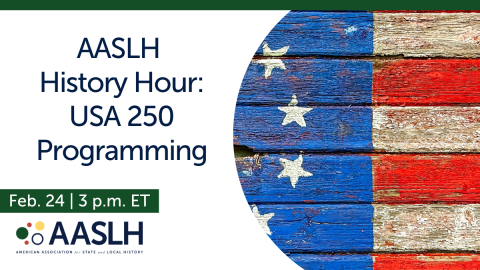
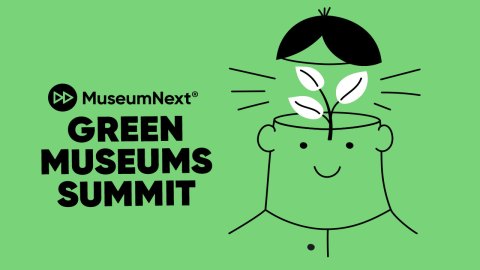



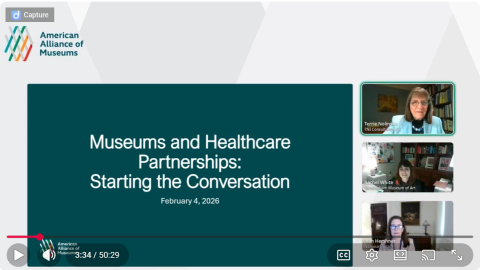
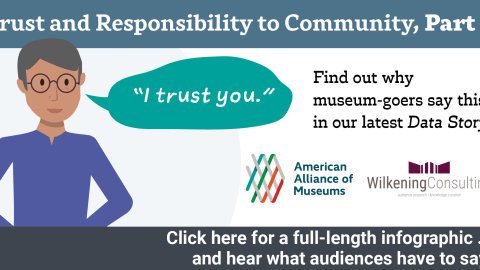
Another great blog post, friends. At the Museum of Science, we got an IMLS Museums Empowered grant to examine our evaluation practices and learn about ways to incorporate more inclusive and culturally responsive evaluation methods. We recognized that we were reliant on research and evaluation methods developed in White culture, and that we may be unintentionally hurting or excluding traditionally marginalized audiences. The grant has allowed us to bring in experts in culturally responsive methods to think about more ethical practices for our museum.
Liz, interesting work – and so important for MOS and the field. Would love if you could use this space to share some of your findings, as I would imagine that they would be a good place for the field to start as it rethinks, redefines and refines its ethical standards.